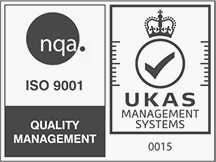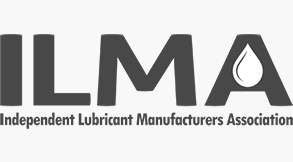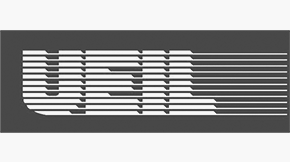This year’s flagship ICIS World Base Oils & Lubricants Conference held in London, UK, brought together over 500 base oil producers, distributors and end users from all over the world.
As ever, the Conference provided a good opportunity for us to meet existing suppliers and clients from all regions to discuss our current cooperation and explore ways to further our partnership.
Being one of the leaders in base oil distribution via flexitanks, it was important for us to meet our supply chain partners (i.e. freight forwarders) who make our flexitank business possible. Cooperation with forwarders, efficient logistics and the services we provide our clients are extremely important to us.
Two big announcements were made at the Conference that will impact the industry. The first one is that Saudi Aramco is launching three new base oil brands. The move has been justified to streamline the interchangeability and marketing of base oils produced by its subsidiaries: Motiva Enterprises in the USA; S-Oil in South Korea; and Luberef in Saudi Arabia. However, it will also further develop the company’s own chemical portfolio.
The other news came from Exxon Mobil who announced plans to further expand further its production capacity of Group II base oils at its Singapore plant. The plant is already the largest in Asia-Pacific and coincides with unexpectedly tight availability of base oils in Asia-Pacific at the start of this year. The plant expansion will strengthen the global supply of the company’s EHC™ Group II base stocks and enhance the Singapore facility’s competitiveness.
The topic of the Conference was “Markets in Transition: Drivers for base oil change” and there were several insightful speakers. Some that we’ll look at in this article covered the impact of Brexit, the volatility of crude oil prices, and the trend towards used oil re-refining.
Brexit will have clear implications on the EU lubricant industry, as the automotive industry growth rate is expected to be slower this year. It also serves as a warning to other EU members, as similar acts may lead to an even greater decrease of the industry growth rate. Possible implications in other parts of the world include changing the terms of currently established free trade agreements like NAFTA.
Unstable oil prices lead to uncertainty in the supply / demand balance in the lubricant industry. High crude prices may discourage additional investments in new refining capacity. However, strong demand for Ultra-Low Sulphur Diesel is projected this year, which will lead to more capacity being built to produce this product and this in turn might lead to more base oil units.
Another interesting development is used oil re-refining, which is seeing a trend for more capacity. The key drivers are: ecological concerns (it’s an environmentally friendly technology), in line with the concept of lean manufacturing minimizing wastes. The products produced are of high quality – comparable to virgin base stocks – but the price is more competitive which is appealing for many producers. This industry requires a solid legal basis, but most governments already support the concept.
Overall, all the insights gained will help us to improve our service to our customers.




